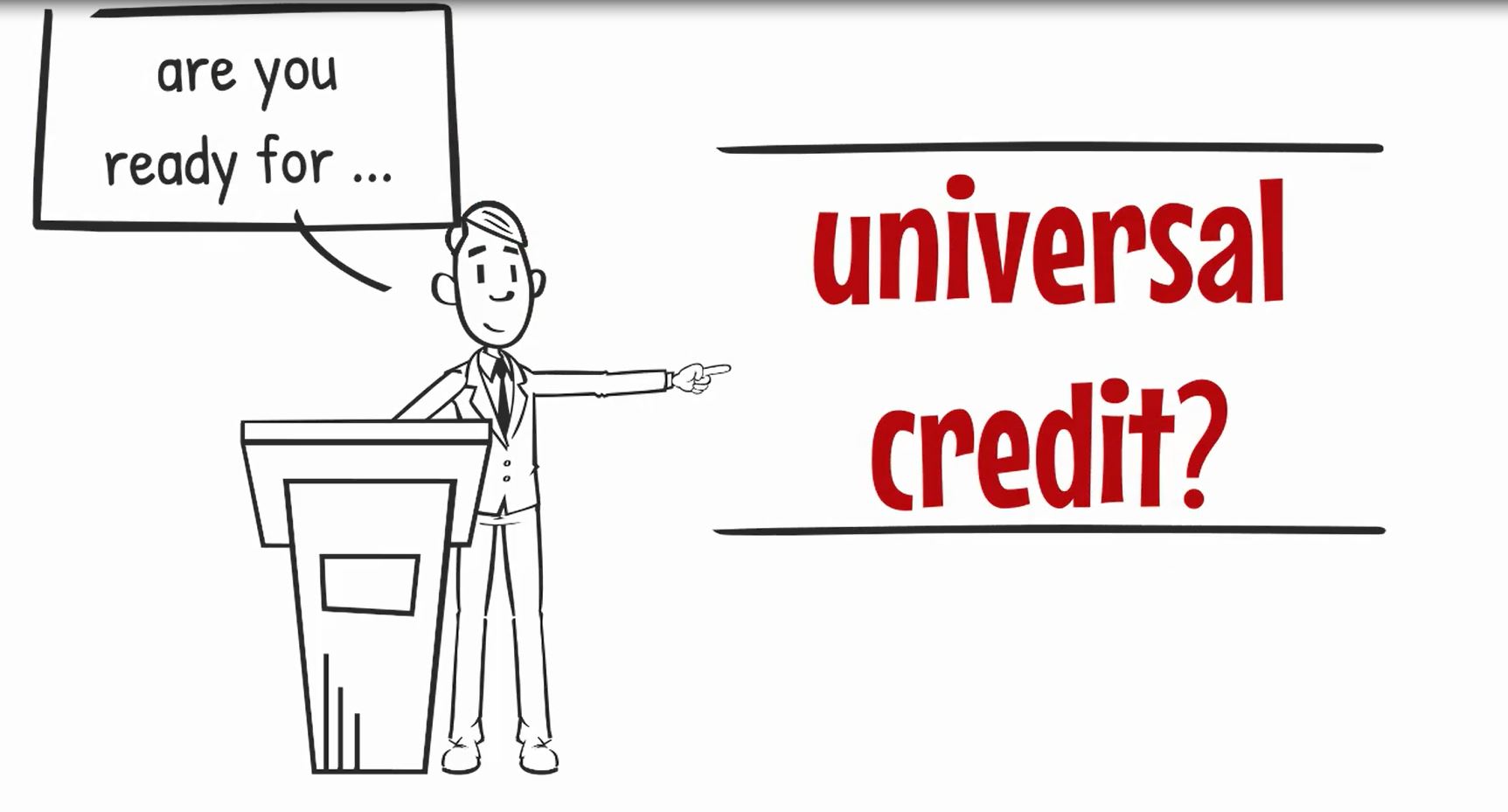Universal Credit is expected to help struggling Britons make both ends meet amid higher living costs. But what exactly it is? What are the eligibility requirements? Find out below some issues surrounding it and how it may affect you.
What is Universal Credit?

This social security payment scheme is designed to aid low-income Britons to cope with high living costs. It aims at simplifying working-age benefits and incentivizing paid work.
The Government scheme, first announced in 2010, effectively replaces six means-tested benefits and integrates them into one payment. They are as follows:
- Working Tax Credit
- Income-related Employment and Support Allowance (ESA)
- Income-based Jobseeker’s Allowance (JSA)
- Income Support
- Housing Benefit
- Child Tax Credit
Universal Credit makes claiming benefits a lot easier. A single payment scheme meanwhile suggests that claimers are paid directly through their bank accounts for the benefits they are eligible to receive.
What are the eligibility requirements of the Universal Credit?

Beneficiaries of any of the benefits mentioned above are disqualified to claim Universal Credit.
You are eligible for the integrated single payment scheme if you satisfy all these criteria:
- You are a resident of UK
- You and your partner have £16,000 or less in savings between you
- You or your partner is under Pension Credit qualifying age
- You are 18 and above (there are some exceptions if you’re 16 to 17)
- You belong to the low-income group or out of work
[fvplayer id=”1054″]
What are some issues surrounding the Universal Credit?
The Government scheme has proved controversial ever since. Firstly, the total project cost is a lot higher than the original estimates. It also has taken far longer than expected.
There were concerns raised that more than 3 million working families could incur a £48 weekly lost or £2,500 annually when compared with the previous system.
George Osborne announced in 2015 a £3.2billion annual cut to the overall Universal Credit budget. This followed failed attempt to reduce Tax Credits in the same year.
Some experts also argue that the new system has an inherent risk that may cause it to fail in achieving its objective to incentivize work among low-income households.









